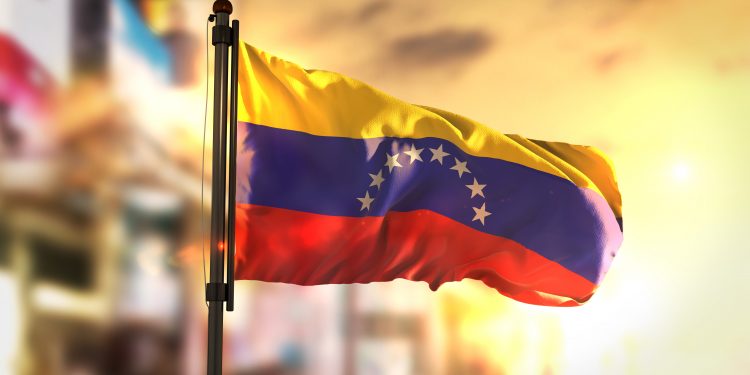Credit and Debit cards are one of the few financial items not included in recent sanctions against Venezuela and Nichols Maduro’s regime, as the Trump administration claimed to exclude payment cards as a humanitarian gesture. In a series of financial sanctions intended to cut off the Central Bank of Venezuela from international financial transactions, the New York Times reports on the effort to freeze the country with economic sanctions.
U.S. relations with Venezuela are stressed for years, but the recent election of Juan Guaidó brought events to a head since the results of democratic elections have not shifted leadership. Political power from Nicholas Maduro’s regime continues as he has not yielded the reigns to the winning candidate.
Financial sanctions, primarily by crippling the Central Bank of Venezuela’s ability to participate in world trade and sale of important oil reserves are intended to ostracize the country. The Times indicates:
- The Trump administration extended sanctions to the Central Bank of Venezuela on Wednesday, cutting off the bank’s access to United States currency and limiting its ability to conduct international financial transactions in order to further squeeze the finances of the government led by President Nicolás Maduro.
- “This sanction is saying, ‘You deal with the Venezuelan Central Bank, we are going to come after you,’” said Ali Moshiri, formerly Chevron’s top executive in Venezuela.
- “This move makes sense in the overall context of what the U.S. administration is trying to achieve, which is to strangle financially the government of Venezuela,” said Jose L. Valera, an energy lawyer at the Houston office of the Mayer Brown law firm.
Sanctions are not isolated to Venezuela; Nicaragua and Cuba each have a series of sanctions according to the Miami Herald.
- When Secretary of State Mike Pompeo visited several Latin American countries last week, he made several speeches denouncing the dictatorships of Venezuela, Nicaragua, and Cuba. But, regrettably, he didn’t say a word about Bolivia.
- It wasn’t an oversight. The Trump administration has embraced the term “Troika of Tyranny” to refer to the regimes of Venezuela, Nicaragua, and Cuba, but rarely refers to the ongoing dismantling of democratic rule by Bolivia’s narcissist-Leninist President Evo Morales.
International news media reports that credit and debit cards are receiving special treatment in Venezuela, unlike sanctions placed on Russia in December.
- Mnuchin said that while the decision to impose sanctions on Venezuela’s central will curtail “most Central Bank activities” undertaken by the Venezuelan government, Washington “has taken steps to ensure that regular debit and credit card transactions can proceed and personal remittances and humanitarian assistance continue unabated.”
The economy in Venezuela is floundering, where unemployment is north of 25%, and hyperinflation is off the charts, as Trading Economics cites the inflation rate at 2,688,670%. The distribution of social benefits is essential through debit cards; credit cards are one of the few ways to practically purchase groceries.
Aside from politics, my takeaway is that the importance of credit and debit cards is evident in keeping the country running or at least stumbling. Russia had a domestic payment card scheme, Mir, to fall back on; Venezuela does not. Without the plastic, the economy would surely be doomed, with consumers carrying the burden, and baskets of money on the way to the supermarket.
Overview by Brian Riley, Director, Credit Advisory Service at Mercator Advisory Group











